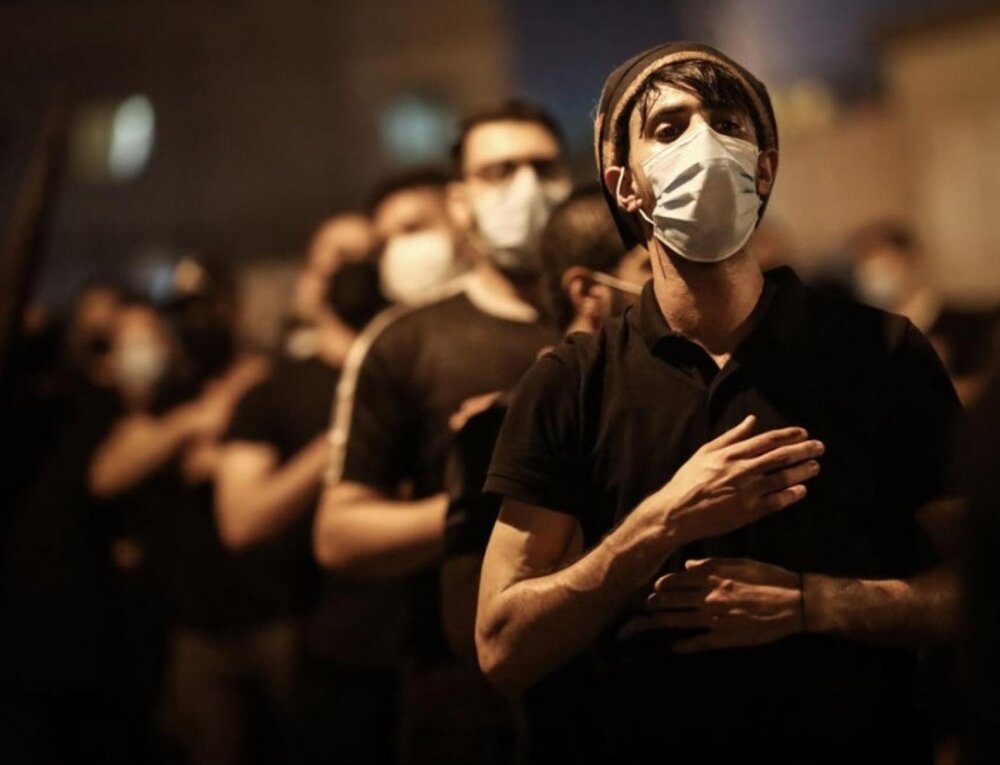Country swept by Muharram fervor once again

TEHRAN – Over the past two years, the mourners of Imam Hussein (AS) held rituals online due to the coronavirus pandemic. However, with the virus containment, the pilgrims can once again participate in religious gatherings across the country.
Shia Muslims hold special ceremonies during the first ten days of the lunar month of Muharram, which starts on July 30 this year, to commemorate the martyrdom anniversary of Imam Hussein (AS), the grandson of Prophet Muhammad (PBUH) and his 72 loyal companions.
Due to the brutality of the battle and the murder of the Prophet’s grandson during a month when fighting is forbidden, Shia Muslims mourn during Muharram and observe a set of commemoration rituals.
The commemoration of the battle of Karbala (AD 680/AH 61), on the focal day of Ashura (literally meaning 10th as the battle took place on the 10th day of the month), is annually honored by Iranians to mark the bravery of Imam Hussein (AS) along with his 72 loyal companions who were all martyred.
Storytelling, self-flagellation, weeping, and re-enactments of the Battle of Karbala form the crux of the observances.
Shia Muslims hold special ceremonies during the first ten days of Muharram to commemorate the martyrdom anniversary of Imam Hussein (AS).
Along with mosques, many of the events associated with the ritual take place in congregation halls known as Hussainia, and each neighborhood sets up its own establishment for the ceremonial processions of the month known as ‘Tekkiyeh’, which was historically a staying place for visiting pilgrims and dervishes.
Mourners participate in religious gatherings heading out on the streets in groups to parade dramatic mourning through a specific route and people follow and move with the cluster of mourners as they chant mourning songs.
As the special music is played people weep to the hymns and men in black flagellate their backs rhythmically with two pairs of chains or beat their chests with open palms.
Over the past two years, mourning ceremonies, however, have been affected by the coronavirus pandemic that has been sweeping across all world countries.
The requirement to observe health protocols among the religious delegations and the mourners of Imam Hussein (AS) has made people substitute a different method instead of cooking and distributing food. And people avoided gatherings and attended virtual mourning ceremonies.
Now, with the reduction of the transmission chain of the pandemic, the people can once again set up Tekkiyeh and join mourning ceremonies across the country to commemorate Imam Hussein (AS) and his gracious sacrifice.
FB/MG
